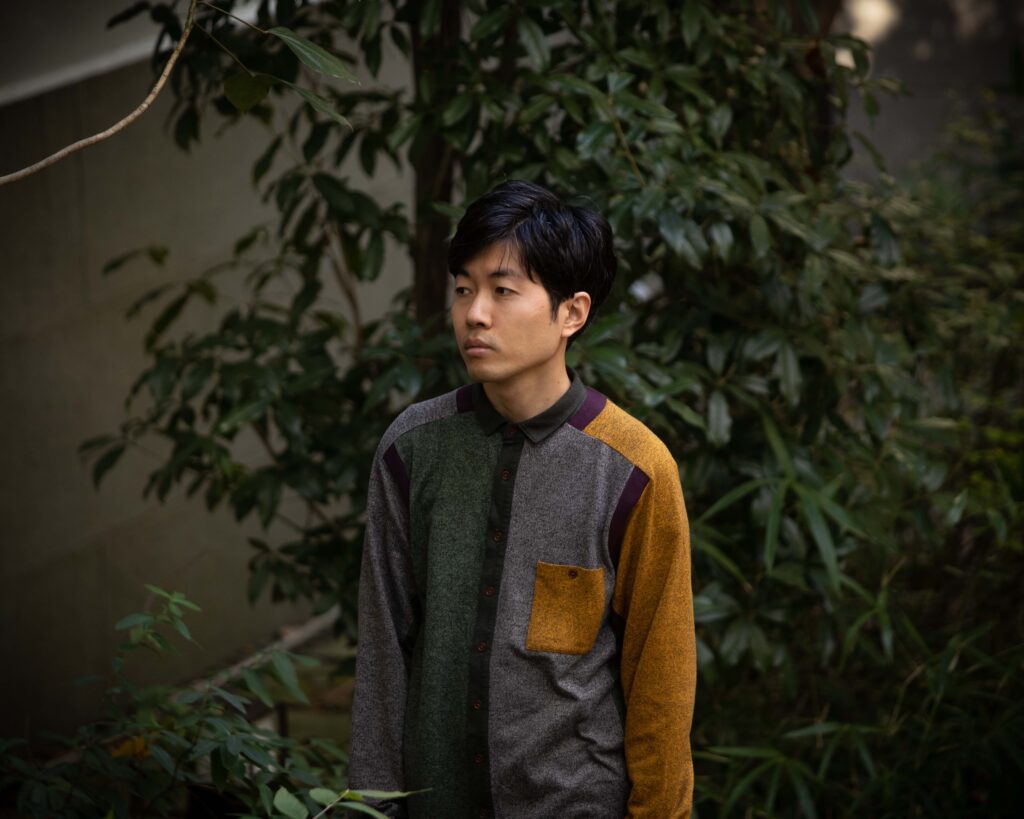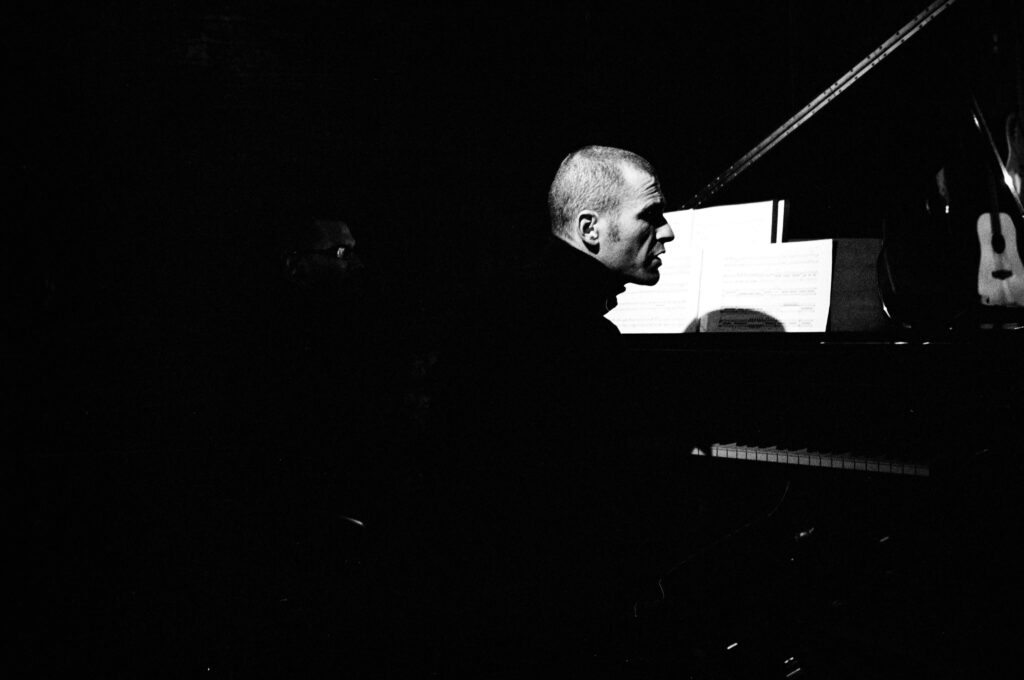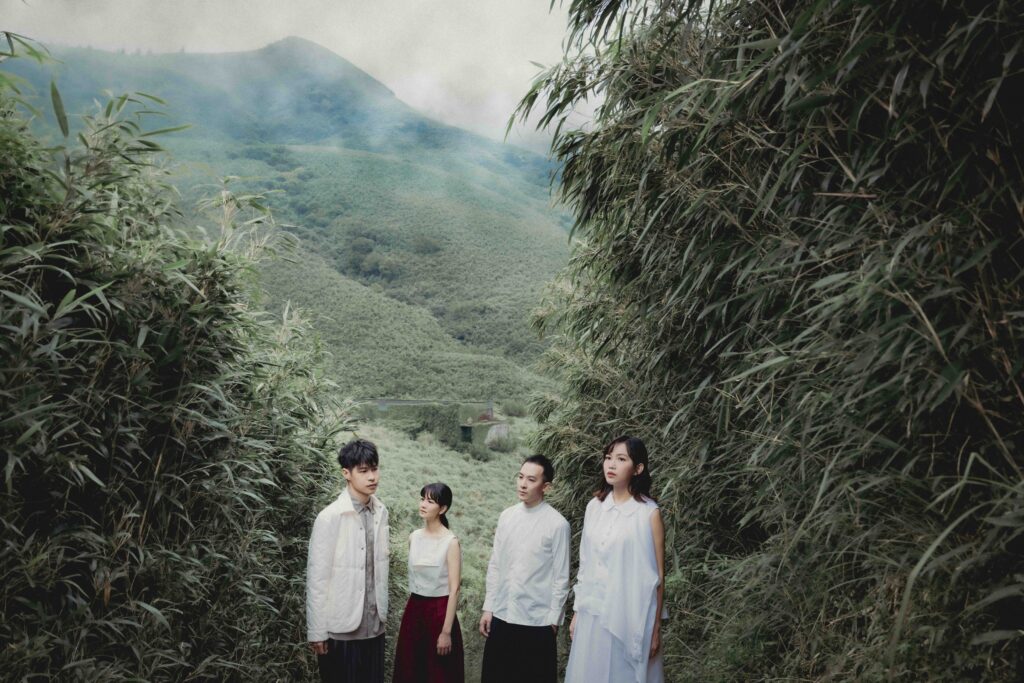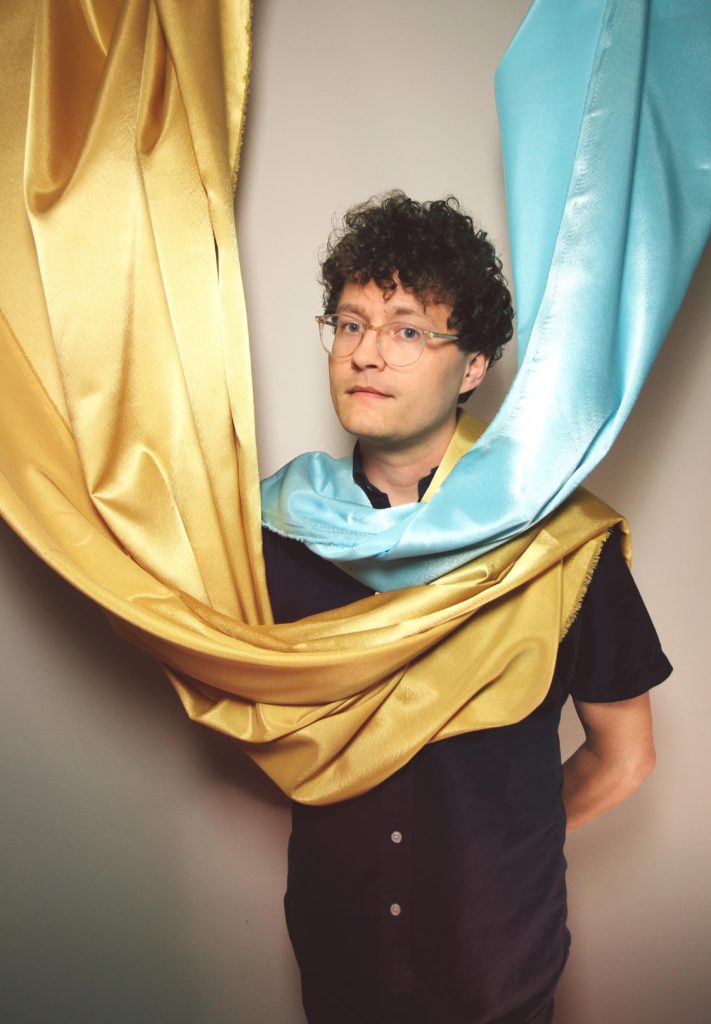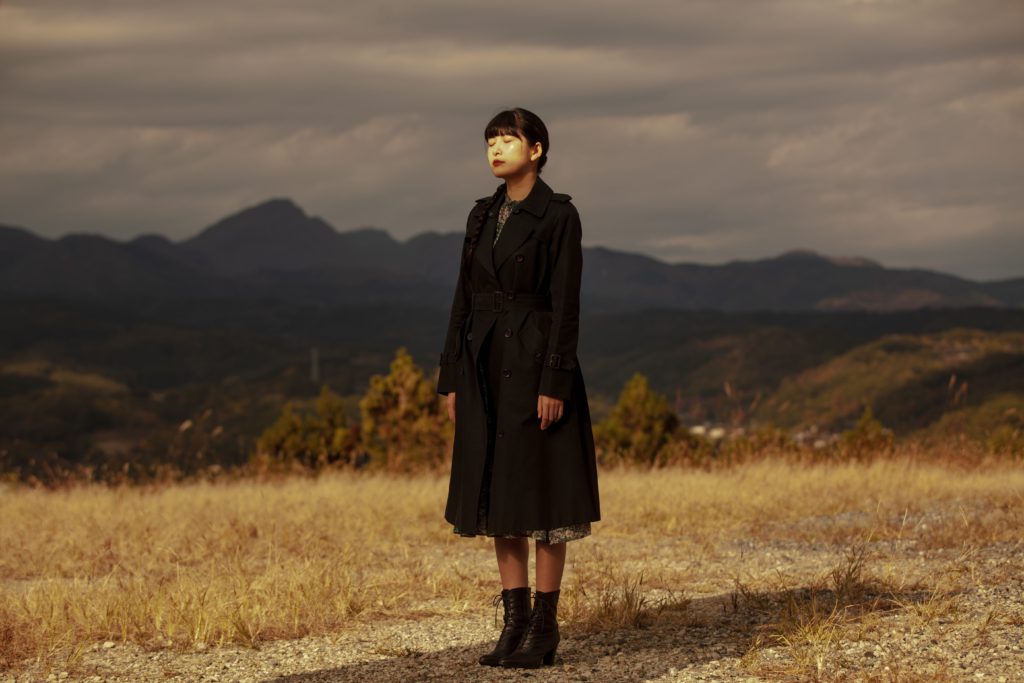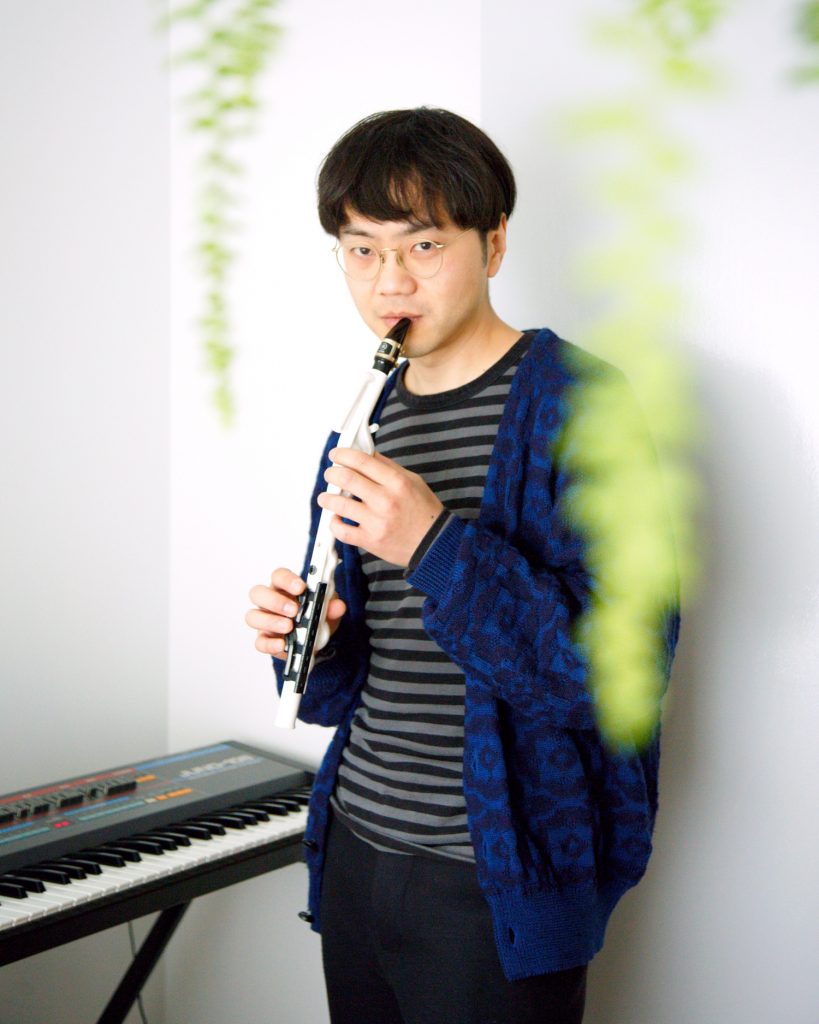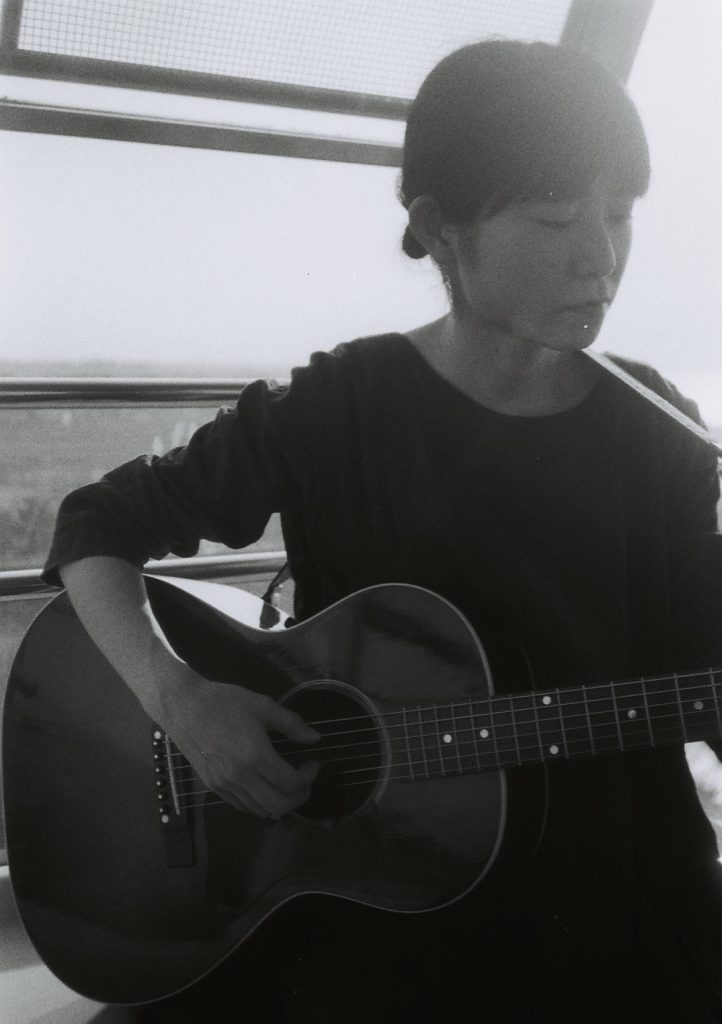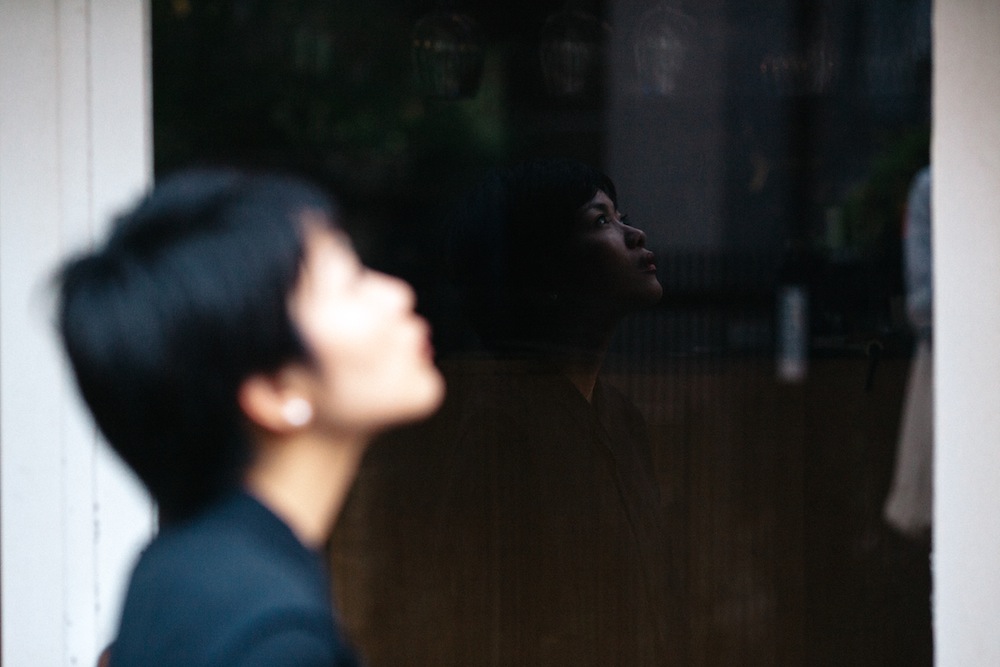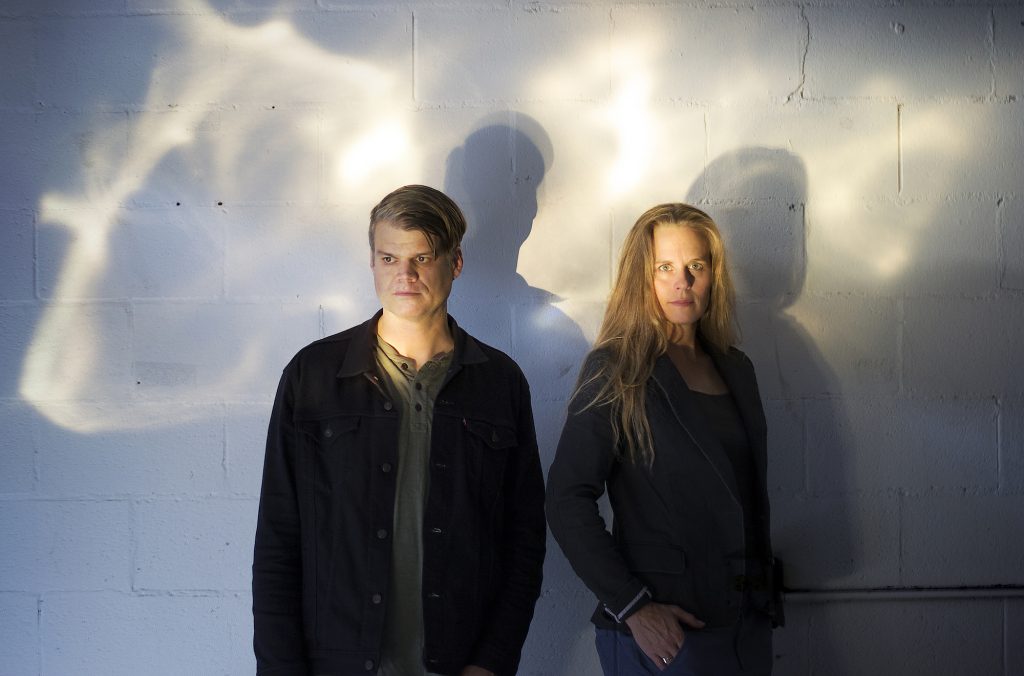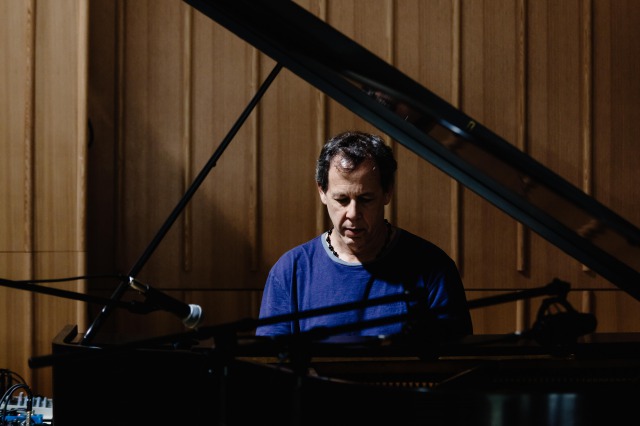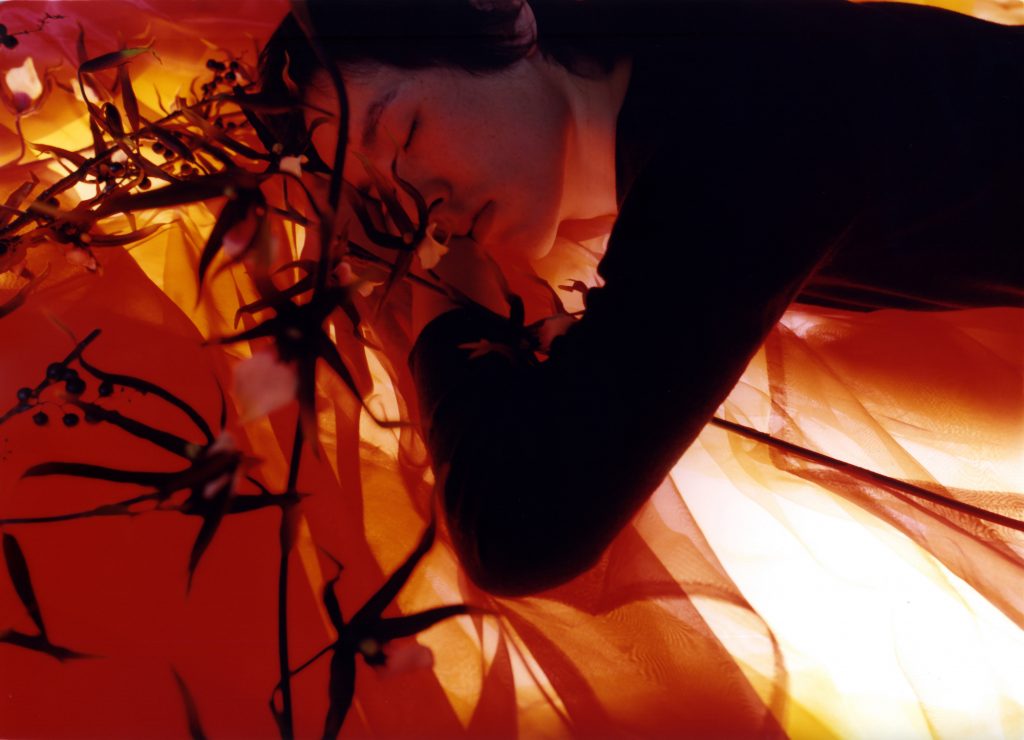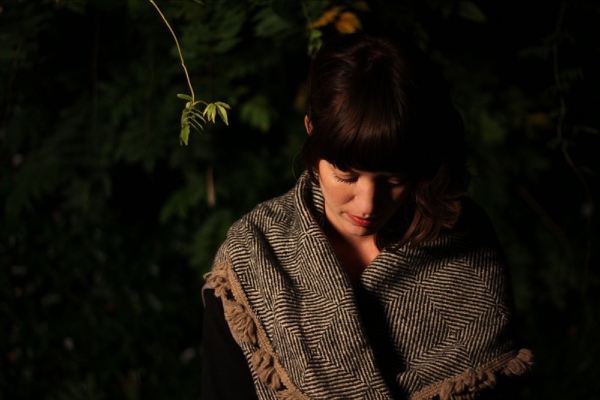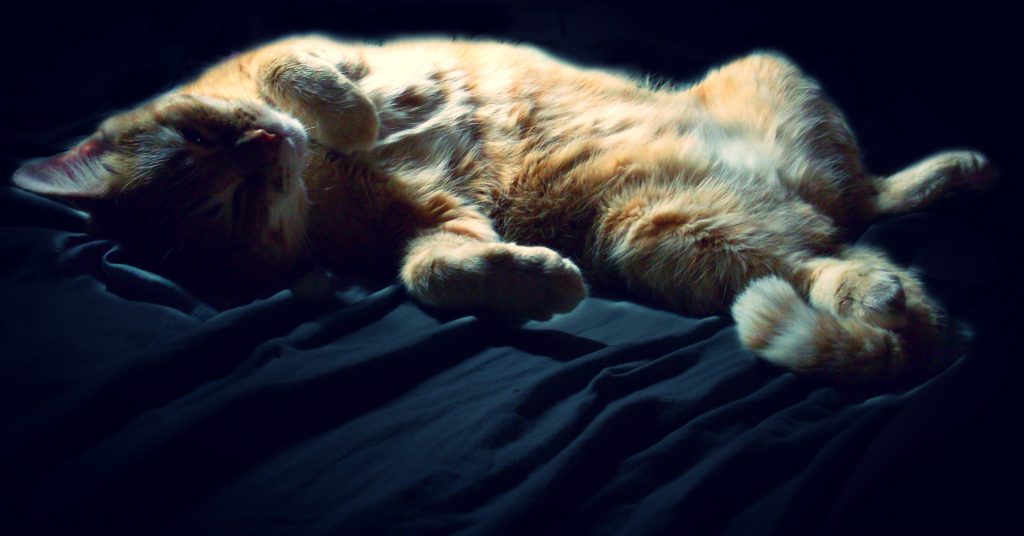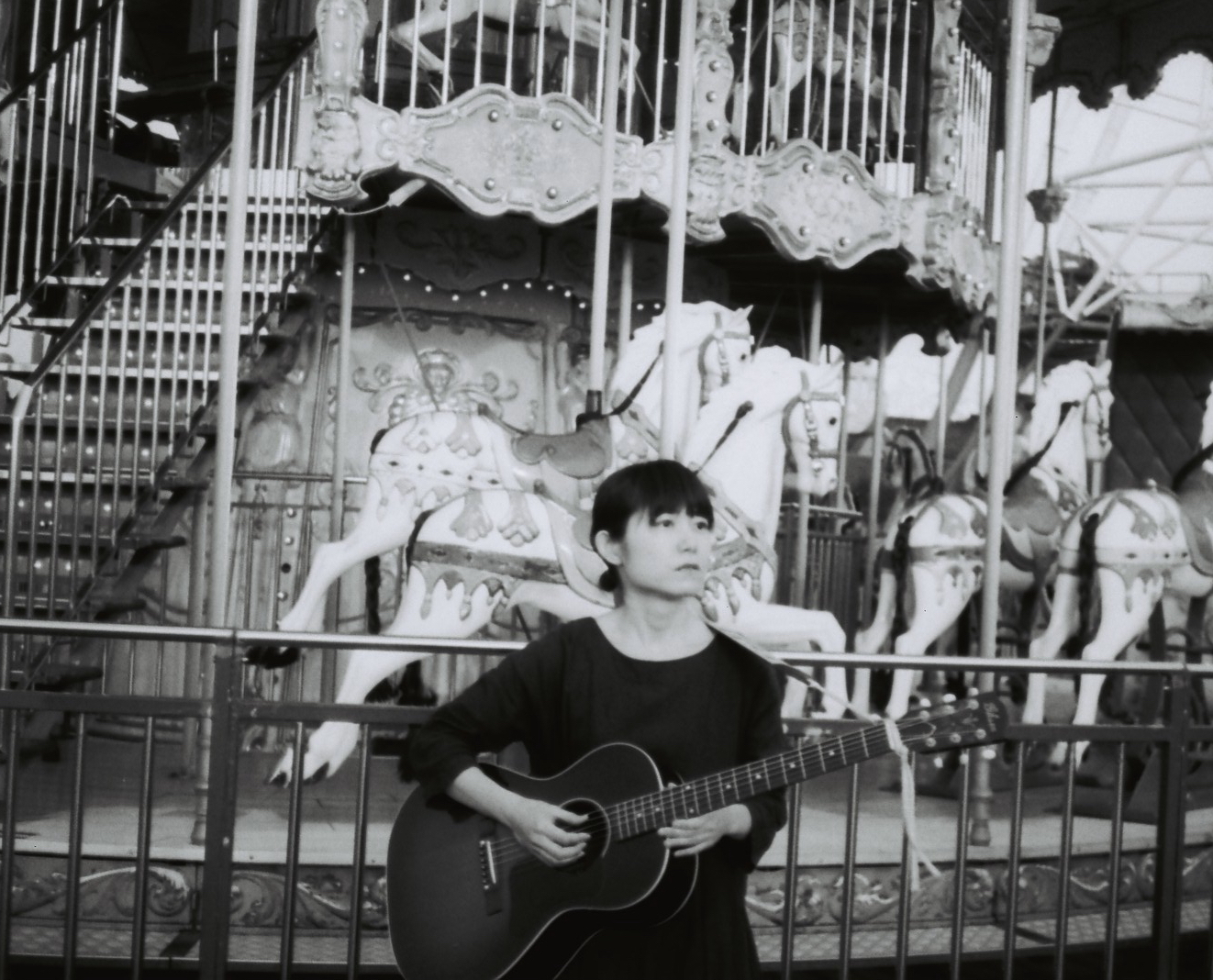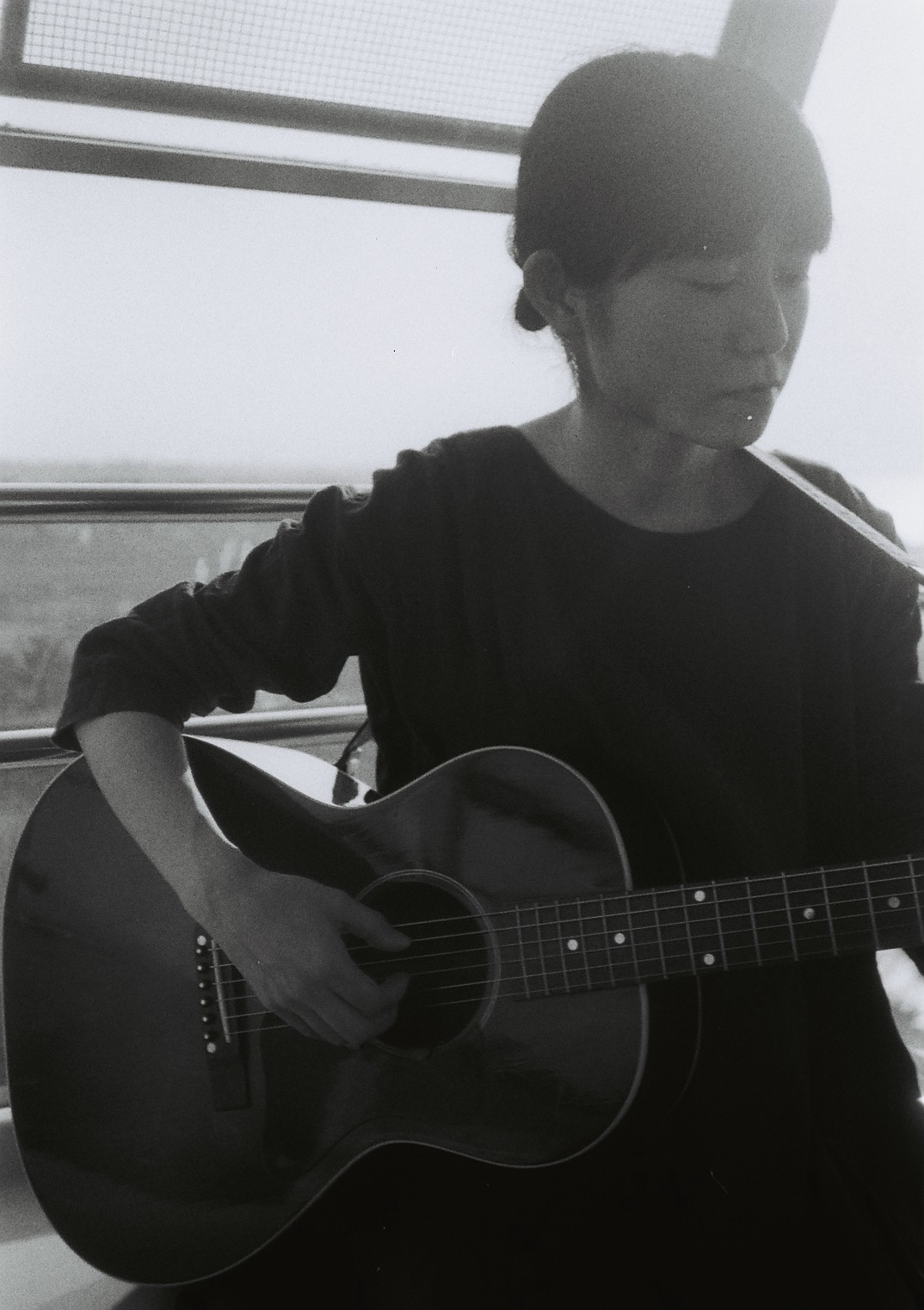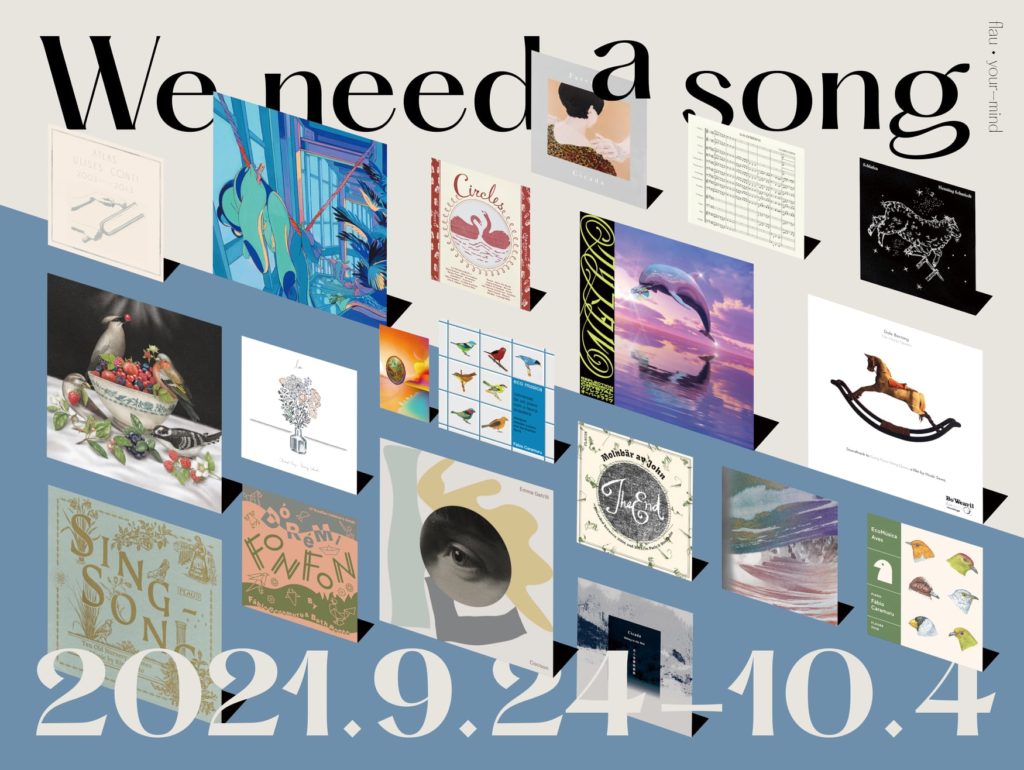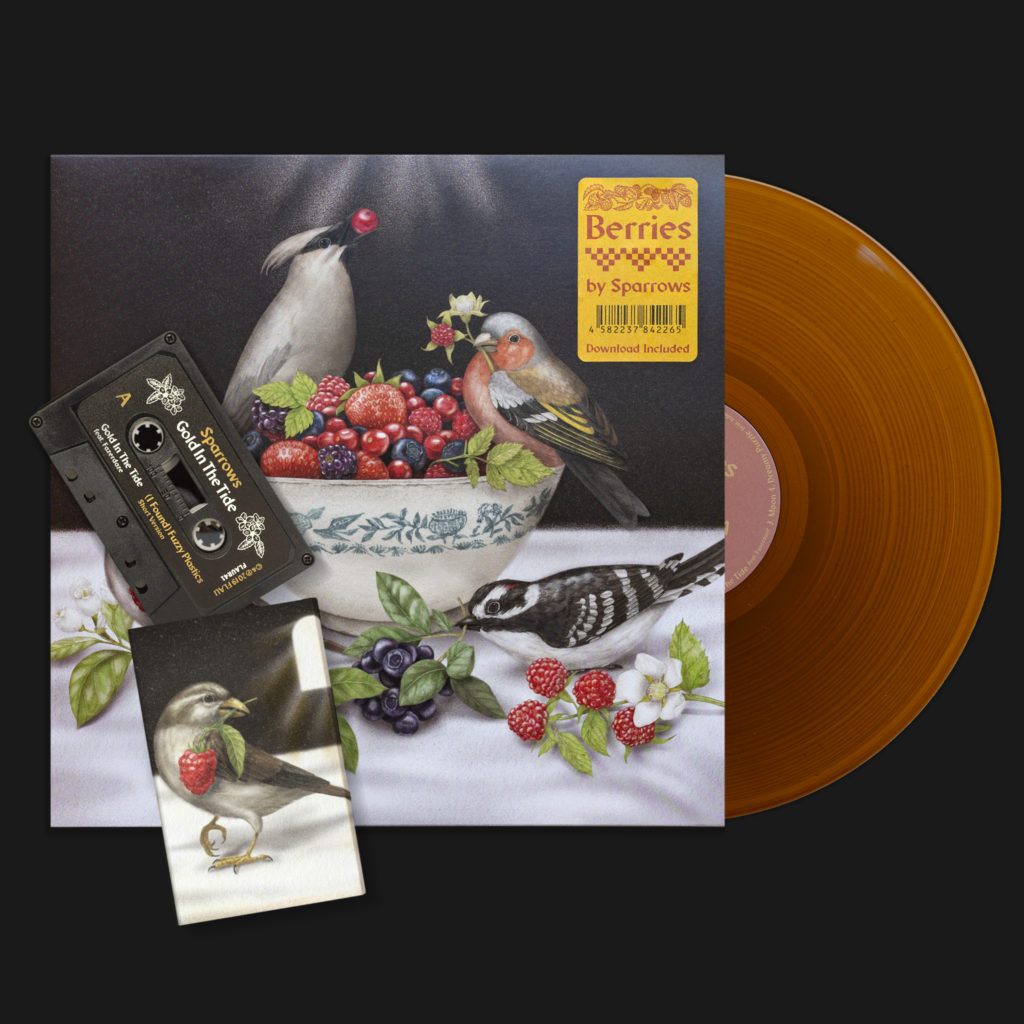加藤りまがギターで覚えた最初の本格的な歌が子守唄だったことは、想像に難くありません。それは今日の彼女の素朴な作風を伝える歌の形です。
学校の授業で初めて手に取ったギターと共に、彼女は母から童謡といくつかのコードを教わります。これがきっかけとなり、高校生の時にストロオズを結成、自主レーベルでカセットを発売し、ミディ・クリエイティブからデビューします。90年代のローファイ・ムーブメント、少年ナイフやボアダムスといった日本のグループ、The KinksやThe Beach Boysまでの影響と、ギターへの情熱が相まって活動したこのバンドは2001年に解散。彼女は音楽界から姿を消し、フットボールに新しい恋を見つけます〜奇しくもストロオズが得意としていたネオアコの名門レーベルCHERRY REDがそうだったように〜美しい試合は、彼女のその後しばらくの最優先事項でした。
加藤りまがようやく自分のパソコンを買ってインターネットをチェックした時、aotoaoレーベルのオーナーであるASUNAによって書かれたストロオズの記事を見つけたことが、音楽人生の再スタートの契機となりました。ASUNAや周りの友達のサポートによって、彼女は全く新しいソロ音楽のキャリアを始めます。2012年ミニアルバム「Harmless」のリリースをきっかけに、2015年には初のアルバム「Faintly Lit」を発表。これまでにSharon Van EttenやJulie Doiron、Mount Eerieらのオープニング・アクトも務めています。
音楽への情熱を取り戻した加藤は、周りの世界からインスピレーションを得て、絵のように音楽制作にアプローチします。彼女は毎日何かを観察し、勉強し、そして歌を歌います。英語で歌う加藤は、物事に近づきすぎないようにしている、と話します。「Love Me, I Love You」という言葉は日本語で伝えるよりも時々歌いやすいのです。
It makes sense that nursery rhymes were the first true songs that Rima Kato learned on guitar: they inform her simple, rustic style today. But her first experience of music was playing clarinet in brass band club. She hated it. Once she picked up a guitar in highschool, however, things changed.
Her mother, alongside nursery rhymes, taught her some simple guitar chords. This was the turning point. Combined with a love of guitar music – from ’90s lo-fi like Osaka bands Shonen Knife and Boredoms, all the way to The Kinks and The Beach Boys – this inspired what would become her first band, Strrows.
Strrows broke up in 2001. Kato bowed out of the music world and found a new love: football. The beautiful game was her number one priority for the next five years. But something happened when she (finally) bought her own PC and checked the internet. She found a blogpost about Strrows in 2007, written by aotoao label owner ASUNA.
Encouraged by this and her friends around her, she pushed restart and began a whole new solo music career. Properly, this began with the release of mini-album Harmless on aotoao (2012), but it was 2015’s Faintly Lit which saw Kato join the FLAU records family.
Returning to the folksy flavours of her youth, Kato takes inspiration from the world around her, approaching musicmaking like drawing. She observes, makes studies every day, and then suddenly she has a song. Singing in English, Kato avoid things getting too close – “I love you” is easier to say than its Japanese equivalent.


